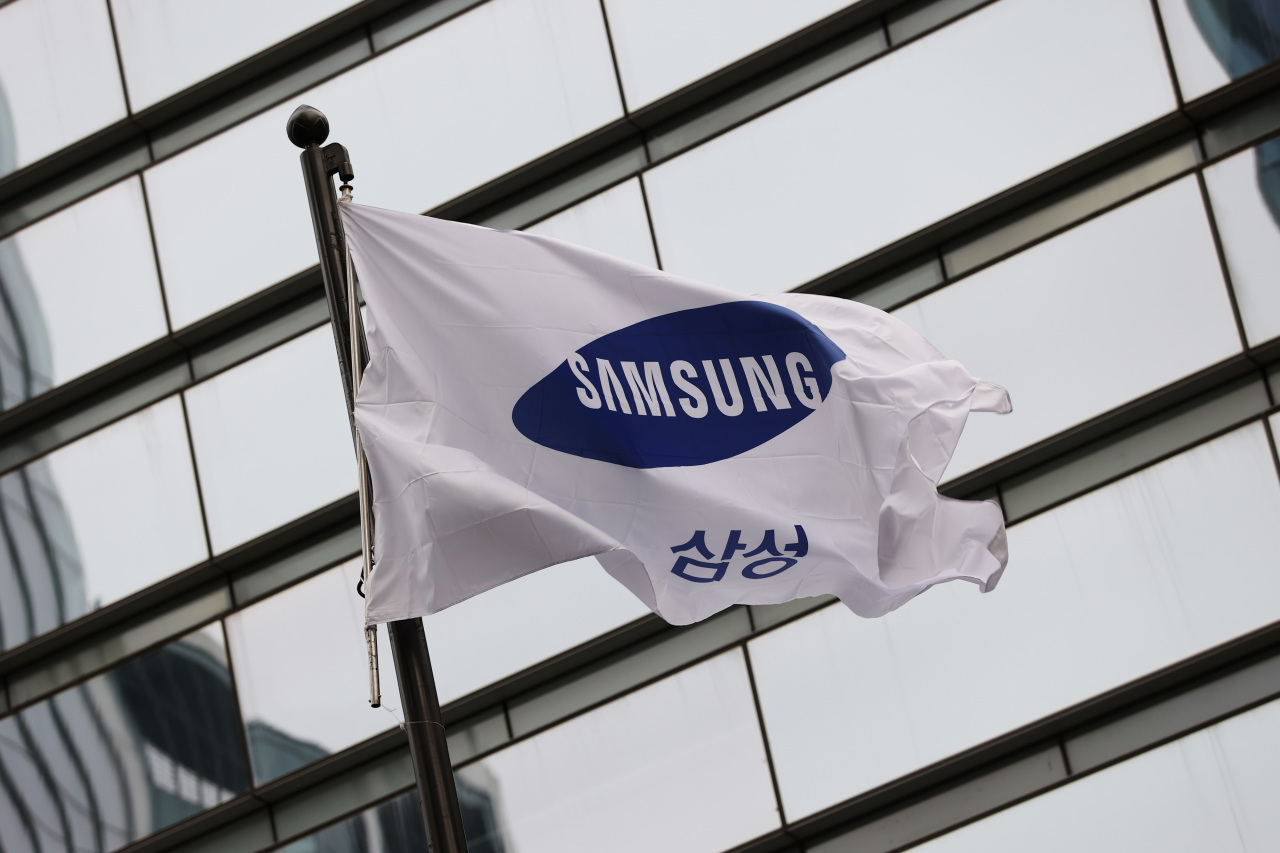 |
(Yonhap) |
With de-facto chief Lee Jae-yong in jail, drama appears to be brewing ahead of Samsung Electronics’ upcoming general shareholders meeting, amid growing calls for improved checks and balances within its corporate governance system.
In a new blow to the current management led by the jailed executive vice chairman and son of the late Samsung Chairman Lee Kun-hee, a proxy adviser recommended voting against the reappointment of three outside directors.
But the National Pension Service, the second-largest shareholder, said it would support their reappointment despite the recommendation.
The International Shareholder Services, a proxy advisory firm based in the United States, reportedly issued a statement calling on its clients who are Samsung shareholders to oppose their reappointment in a move to hold them accountable for failing to fulfill their duties. The ISS is one of two firms that advise the NPS on issues regarding shareholder values and rights.
The state-run NPS held an 8.9 percent stake in the firm in early March, the point of registry for Wednesday’s assembly. The largest shareholder is the Lee family, who controls over 20 percent in shares.
The three who need support from shareholders to be reappointed are Park Byung-gook, professor at Seoul National University, Kim Sun-uk, former president of Ewha Womans University and Kim Jong-hoon, chairman of Kiswe Mobile. They were named as independent directors in March 2018 following Lee’s release from the previous sentence in an appeal.
According to the ISS’ assessment, the three independent directors didn’t sufficiently undertake their duties of monitoring and checking on Samsung management during their terms, which partly resulted in Lee’s imprisonment.
The Samsung chief was placed behind bars in January upon being convicted for bribing former President Park Geun-hye and her confidant Choi Seo-won, who was then known as Choi Soon-sil, to pave the way for his ascent to control the country’s largest conglomerate.
Lee faces two other legal challenges, including charges of violating capital market laws and illegal use of the drug Propofol.
At the meeting to be held at Suwon Convention Center in Gyeonggi Province on Wednesday, minor shareholders are likely to raise their voices about issues including the impact of Lee’s absence on Samsung’s key business activities and decisions. Due to the imprisonment, Lee has been banned from any management-related activities for five years. Samsung’s compliance committee is set to discuss the issue this Friday.
Also drawing attention is the effect of a revised commercial act that restricts the voting rights of major shareholders and those with special interests to 3 percent when appointing a director.
Before the revision, the voting rights of major shareholders were not limited to appointments of new external directors, while the 3 percent restriction was effective for nominating a director of audit. Corporate boards used to nominate a director of audit among approved directors who had low risks of being disapproved.
Last month, Samsung’s board decided to reappoint director Kim Sun-uk as director of audit. But the new 3 percent rule might jeopardize its plan.
According to the revised law, the share of voting rights of the Samsung chief and other major shareholders would be reduced from 20 percent to 12 percent, some reports estimate.
If the nomination of the audit director is rejected at the meeting, Samsung will be the first case of the new rule resulting in a real change.
Samsung declined to issue an official statement regarding the issue.
In 2018, the NPS opposed appointing Lee Sang-hoon as chair. Lee was appointed chair with a 61.6 percent approval ratio, the lowest figure in the board’s history.
By Song Su-hyun (
song@heraldcorp.com)








